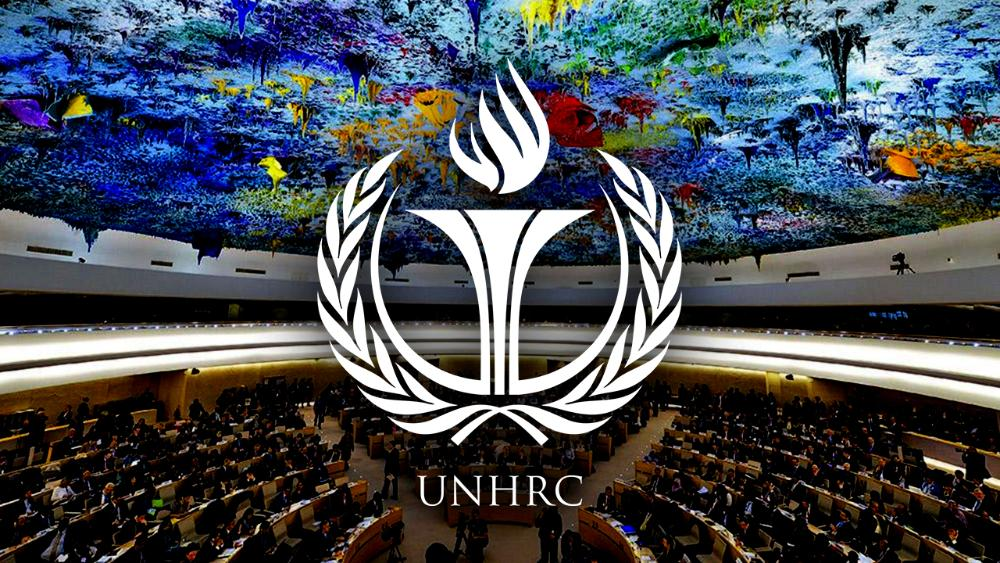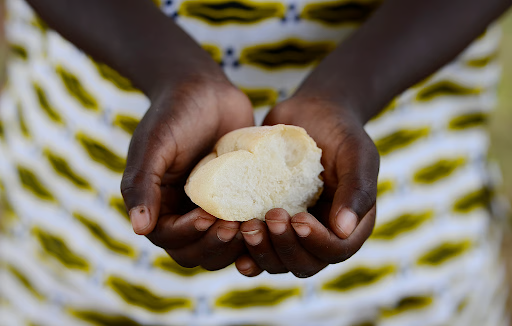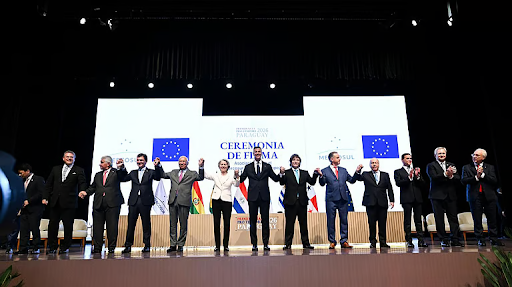





Copyright infringement not intended
Picture Courtesy: https://www.thecitizen.in/index.php/en/NewsDetail/index/6/20105/Sri-Lanka-Faces-Defeat-in-the-UNHRC-Indias-Vote-Crucial
Context: India responds firmly to Pakistan's Kashmir comments at UNHRC, focusing on internal affairs and condemning terrorism support.
Details
|
United Nations Human Rights Council (UNHRC) |
|
|
Key Points |
Explanation |
|
Purpose |
The UNHRC is the leading intergovernmental body within the United Nations responsible for upholding human rights globally. It investigates alleged human rights violations, issues recommendations to states and the UN system on improving human rights protections, and plays a role in setting international human rights standards. |
|
Foundation |
The UNHRC was established in 2006 by the UN General Assembly. It superseded the UN Commission on Human Rights, which faced criticism for its perceived ineffectiveness and politicization. |
|
Location |
The UNHRC is headquartered in Geneva, Switzerland, operating within the United Nations Office at Geneva. |
|
Membership |
The UNHRC comprises 47 member states elected by the UN General Assembly. Seats are distributed across five regional groups to promote fair geographical representation. Members serve three-year terms and are eligible for re-election for one consecutive term. |
|
Structure |
President & Bureau: Handles procedural and management aspects. Working Groups and Special Mechanisms: Focus on specific human rights issues or country situations (e.g., Working Group on Arbitrary Detention, Special Rapporteur on Torture). Universal Periodic Review (UPR): A unique mechanism in which the human rights records of all UN member states undergo peer review through a cycle. |
|
Activities |
Monitoring: Scrutinizes human rights situations globally and takes action where concerns exist. Investigating: Initiates in-depth investigations through commissions of inquiry or by appointing special rapporteurs (experts) where allegations of severe abuses occur. Reporting: Provides detailed public reports about human rights conditions and specific investigations. Recommendations: Provides guidance to states, the UN system, and other actors on improving human rights practices. Standard-Setting: Contributes to the development of new human rights instruments such as treaties and declarations. Capacity-Building: Offers technical assistance and training to help states meet their human rights obligations. |
Conclusion
|
PRACTICE QUESTION Q. The United Nations Human Rights Council (UNHRC) operates under the principle of universality, applying the same human rights standards to all member states. However, some argue that this approach does not adequately consider the cultural and religious specificities of different countries. How can the UNHRC navigate this tension between universality and cultural sensitivity in promoting and protecting human rights globally? |



© 2026 iasgyan. All right reserved